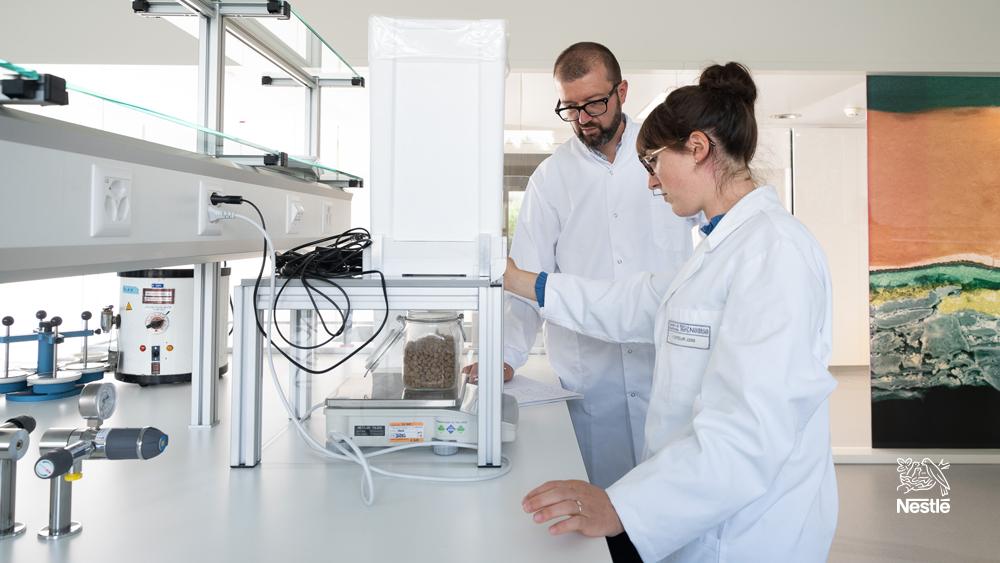
Nestlé signs the European Plastics Pact Reinforcing its commitment to reduce the use of virgin plastics by one third
Over the past fifty years, the use of plastics has increased dramatically. It has delivered enormous benefits, but the costs are clear. We must stop packaging ending up in landfills, oceans, lakes and rivers.
This is why Nestlé is signing up to the European Plastics Pact. The Pact will help Nestlé achieve 100% recyclable or reusable packaging and reduce the use of virgin plastics by one third by 2025.
The European Plastics Pact, initiated by France and the Netherlands, has a single goal: to accelerate the transition towards a circular plastics economy. It will stop the sole dependence on virgin plastics – plastics made from non-renewable fossil fuel.
The Pact brings together leading companies, as well as NGOs and governments, who are together committing to realize common goals by 2025 and go beyond the current legislation. These European targets include:
Reducing virgin plastic products and packaging by at least 20%.
Raising collection and recycling capacity in Europe for plastic packaging by at least 25%.
Boosting the use of recycled plastics in packaging to an average of at least 30%.
Marco Settembri, Nestlé CEO for Europe, Middle East and North Africa: "We are pleased to sign the European Pact. One of our joint objectives is to create a circular economy by improving collection, sorting and recycling schemes across Europe. Already today a new Vittel plastic bottle is manufactured out of used ones. Tomorrow, we want to make sure that also other packaging, such as our wrappers and pouches, can be recycled into new food packaging”.
This will not be easy. Nestlé’s top priority is the safety of its products. Any plastics used for food packaging must be ‘food grade’, which means it cannot contain any substances harmful to humans. In order to achieve food grade recycled plastics, recycling processes will have to evolve.
The challenge for Nestlé, and the food industry at large, is that it is currently cheaper to produce packaging from virgin plastics than to use recycled food grade plastics. To overcome this, Nestlé recently announced a more than CHF 1,5 billion investment in recycled food grade plastics. This aims at giving a clear signal to recycling companies to focus on recycled food grade material and help create a new market.
To further reduce the use of virgin plastics, Nestlé is reinventing the ways it delivers its products. It is currently trialling a packaging-free system for dispensing Purina PetCare pet food and Nescafé soluble coffee. Nestlé has also partnered with LOOP, a home-delivery service providing reusable packaging. First products will soon become available in France.
To further accelerate this process of innovation, Nestlé has launched a CHF 250 million sustainable packaging fund focussing on start-ups developing packaging innovation, including new materials, as well as refill systems and recycling solutions.


























